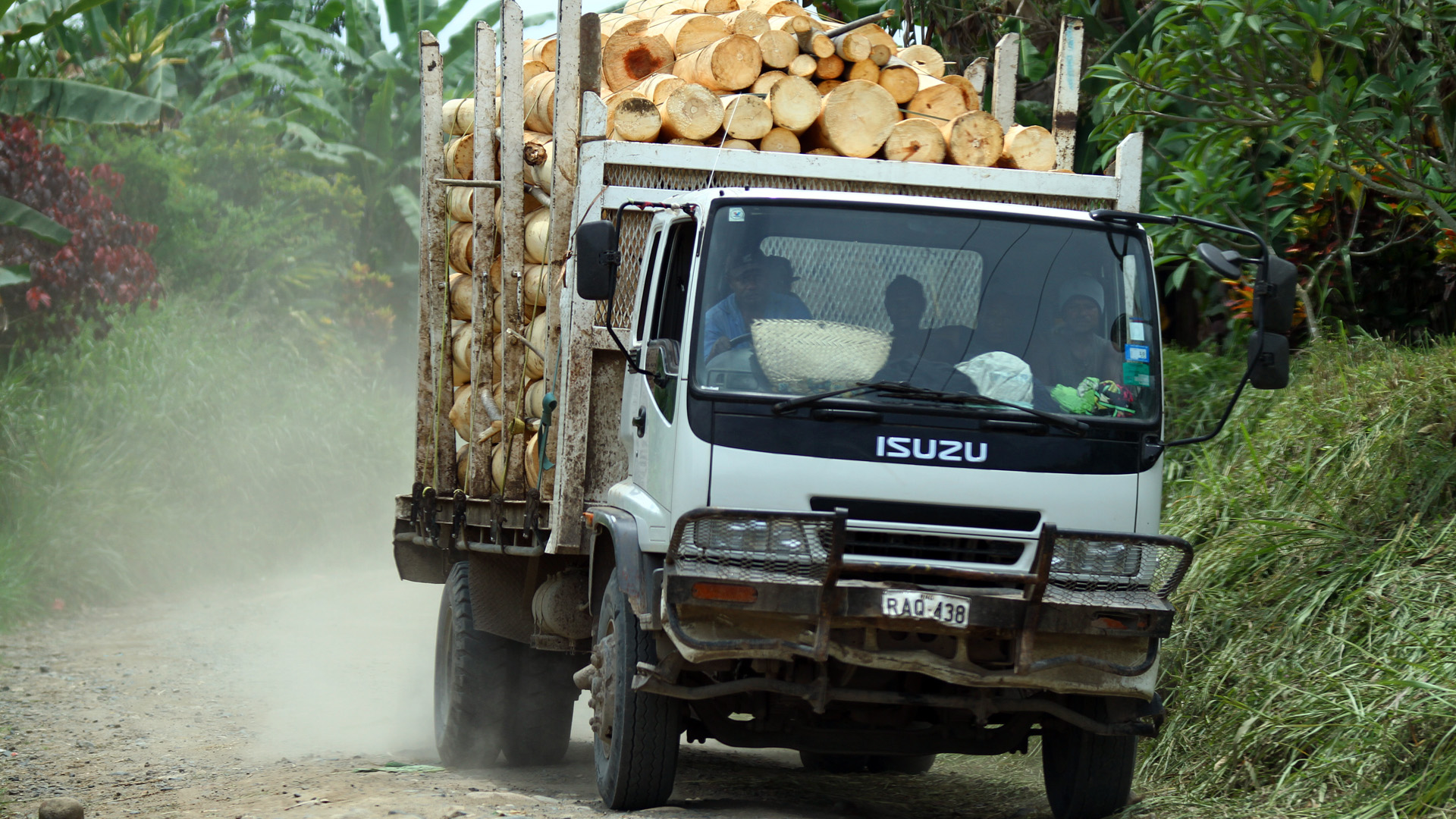In his op-ed for International Anti-Corruption Day, UNDP Resident Representative, Mr. Nicholas Booth, sheds light on the challenges corruption poses to sustainable development in Papua New Guinea
Shining a light to combat corruption in Papua New Guinea
December 18, 2023

Papua New Guinea has also signed up to many of the world’s most important transparency initiatives, such as the Extractive Industries Transparency Initiative (EITI) which is designed to enable citizens to follow the flow of revenues and payments from extractive operations.
On Saturday, 9th December, we marked International Anti-Corruption Day. This year, the day was dedicated to raising awareness of the link between anti-corruption and sustainable development. That remains a relevant issue in Papua New Guinea.
Nature has been extraordinarily generous in her gifts to Papua New Guinea. Despite accounting for only 1% of the earth’s surface, approximately 7% of the world’s biodiversity can be found in the country. This includes the world’s third largest intact tropical rainforest after the Congo and the Amazon. It is also home to some of the world’s last high-altitude rain forests.
Yet this natural treasure trove, which should be guaranteeing a bright future for Papua New Guinea’s future generations, is being quickly depleted by unsustainable logging, unregulated palm oil production and other harmful extractive practices, which are stripping forests, threatening natural habitats and endangering its biodiversity. `
There is ample evidence that corruption is playing a role in enabling such practices to continue with impunity. Indeed, Papua New Guinea’s low ranking on Transparency International’s Corruption Perception Index – 130 out of 180 countries, with a score of only 30/100 – suggests that corruption is recognised as a serious challenge to the country’s development. This concern is also shared by the people of Papua New Guinea, 96% of whom view government corruption as a big problem according to Transparency International’s latest Global Corruption Barometer for the Pacific from 2021.
As I look out at the brilliant sunshine over the ocean from my office, I am reminded of the famous saying of former American Supreme Court Justice Louis Brandeis that “sunlight is said to be the best of disinfectants”. He meant that transparency is the best way to combat corruption. The more people in Papua New Guinea know about how much money is flowing to the Government from taxes, mining and gas royalties and other sources, and where that money is going, the easier it is to hold people accountable for the way it is spent.
Fortunately, Papua New Guinea has made important commitments to transparency. Indeed, the Constitution itself guarantees the right of access to official documents, except for those falling within specified confidential categories. The Supreme Court recently confirmed the power of that right when citizens demanded documentation about the Solwara 1 deep seabed mining project in New Ireland province. The authorities refused on the grounds that the documentation fell within the exempted categories. But the Supreme Court ruled that even in such a case, the State has to provide access unless it can also prove the “need for such secrecy as is reasonably justifiable in a democratic society” in relation to those documents. It added that the Court would subject such a claim to “rigorous scrutiny”.
This is great news for transparency and accountability in Papua New Guinea, but there is much more work to do. The Constitution also requires a law to establish the procedures for ensuring public access to official documents, but so far we only have a draft government policy currently under consultation. The law now seems an urgent priority – going to the Supreme Court is too slow and costly a way for citizens to enforce their rights.
Papua New Guinea has also signed up to many of the world’s most important transparency initiatives, such as the Extractive Industries Transparency Initiative (EITI) which is designed to enable citizens to follow the flow of revenues and payments from extractive operations, and the Open Government Partnership (OGP) which brings together governments and civil society in 75 countries under a commitment to transparency and accountability.
While membership is an excellent starting point, there is still scope for improvement. For instance, an independent validation of EITI last year found significant gaps in disclosures related to, for example, state-owned enterprises. This makes it harder for citizens to keep track of the royalties coming from the extractive sector and see where the money is going.
And more transparency in relation to District and Provincial Service Improvement Plans – which at 20 million PGK per MP per year now make up about a quarter of capital expenditure – would present an excellent opportunity to ensure that these monies meet the needs of constituents, especially the most marginalised.
UNDP is determined to help Papua New Guinea in turning its firm commitments on transparency and accountability into action. Together with our national partners and thanks to generous support by the European Union, UNDP is working with the Government to progress its own anti-corruption-related priorities, including implementation of the National Anti-Corruption Strategy and related National Anti-Corruption Plan of Action (2020 – 2025), drafting the Access to Information Act, and implementing key anti-corruption legislation, such as the Whistleblower Act 2020. UNDP is also championing the anti-corruption efforts of Civil Society Organizations, the private sector, youth, and media as part of its activities under the project. Our LukimGather app also enables citizens to report local environmental incidents like illegal logging quickly and anonymously.
So, let’s celebrate this year’s International Anti-Corruption Day by making a joint commitment to fight corruption by increasing transparency and accountability in Papua New Guinea in 2024 – that will make a real difference to the lives of all Papua New Guineans now and in future generations too.
UNDP is determined to help Papua New Guinea in turning its firm commitments on transparency and accountability into action.UNDP Resident Representative, Mr. Nicholas Booth

 Locations
Locations